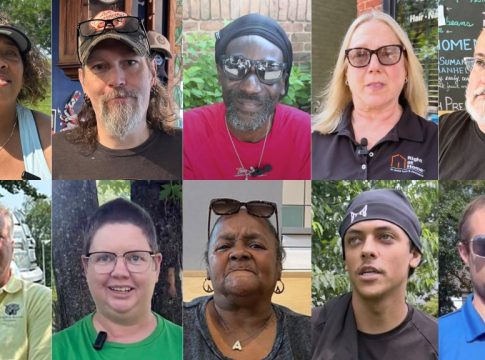Residents Voice Concerns as Juvenile Justice Leadership Changes in Maryland
Baltimore, MD — The Maryland Department of Juvenile Services (DJS) is undergoing a significant transition as it welcomes new leadership, igniting a wave of mixed reactions among residents of the Baltimore area regarding the future of juvenile justice in the state.
A Transformative Moment for Juvenile Services
With heightened community concerns surrounding youth crime rates and rehabilitation options, the appointment of a new head of the DJS has prompted local residents and stakeholders to reconsider how the state addresses juvenile offenses. While some residents applaud the change, expressing hope for reform and improved collaboration with communities, others remain skeptical about whether these leadership shifts can lead to meaningful improvements.
“Our youth deserve a chance at rehabilitation, not just punishment,” said local activist Laura Johnson. “We hope this new leadership will prioritize programs that help kids turn their lives around.”
Conversely, others express worry that the new administration may struggle to effectively manage the challenges inherent in juvenile justice. “We’ve seen too many promises made and broken in the past. I’m not sure we can trust that this will be any different,” stated resident Marcus Lee.
The Path Ahead: Community Engagement
With the youth crime rate continuing to raise alarms, the newly appointed leadership is under pressure to implement policies that strike a balance between accountability and rehabilitation. An upcoming community forum is slated for next month, giving residents a platform to voice their opinions and share suggestions for effective juvenile justice strategies.
Background on the Department’s Responsibilities
The Maryland DJS is responsible for providing care, custody, and rehabilitation for youth offenders statewide. With the rise in juvenile crimes and a focus on preventing recidivism, the department is tasked with navigating a complex landscape of social, economic, and educational factors that influence youth behavior.
As the new leadership settles in, key initiatives are anticipated to include:
- Increased Education and Job Training Programs: Aimed at providing youth with viable paths to success.
- Community-Based Rehabilitation Programs: Fostering stronger ties between juveniles and local communities.
- Collaborative Efforts with Law Enforcement: Seeking to bridge divides and foster understanding between youth and law enforcement.
Looking Forward
As the conversation around juvenile justice evolves, the community’s response will play a critical role in shaping future policies. Leaders from DJS are expected to update the public on their plans following the upcoming community forum.
Further updates will ensue as this story develops, including insights from the new leadership and community stakeholder reactions.

Focuses on crime, public safety, and regional events.
Bio: Marcus is a community-based journalist passionate about reporting impactful stories that matter most to readers.

